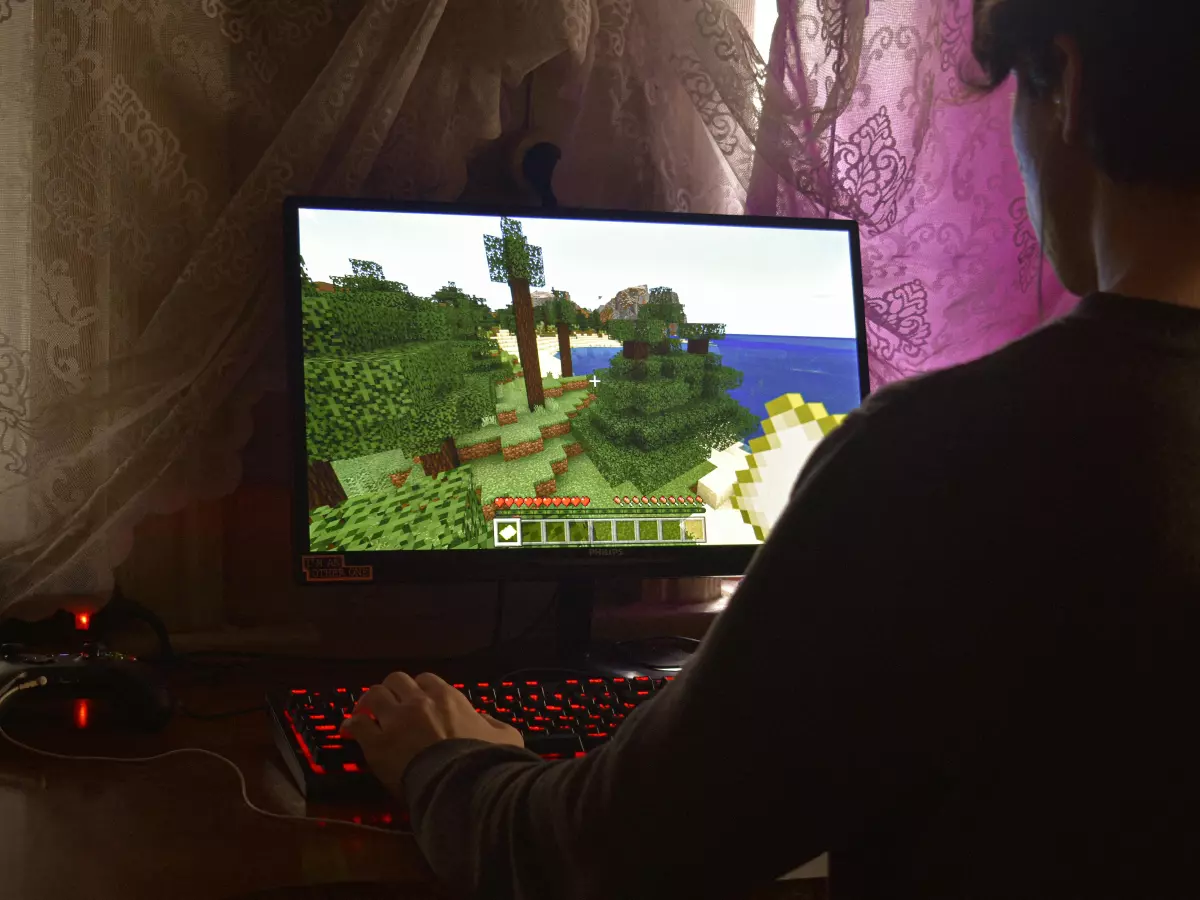The Heart of Gaming
I remember the first time I booted up a game that truly blew my mind—visually, mechanically, and narratively. It was like stepping into another world, and I couldn't help but wonder: what kind of sorcery made this possible? Turns out, it wasn't magic—it was the game engine.

By Dylan Cooper
Game engines are like the unsung heroes of the gaming world. They’re the invisible hands that pull all the strings, making sure everything from the graphics to the physics to the AI behaves as it should. But what exactly makes them so crucial? Why do developers spend years refining and tweaking these engines? Let’s break it down.
What Exactly Is a Game Engine?
At its core, a game engine is a software framework that provides developers with the tools and technologies to create video games. Think of it as the foundation of a house. Without it, you wouldn’t have walls, a roof, or even a floor to stand on. The engine handles everything from rendering graphics to processing physics, managing audio, and even controlling the AI that makes NPCs (non-playable characters) seem so lifelike.
Some of the most famous engines you’ve probably heard of include Unreal Engine, Unity, and CryEngine. These engines are versatile, allowing developers to create games across multiple platforms, whether it’s PC, console, or mobile. But what makes them so essential?
Graphics Rendering: The Eye Candy
Let’s start with the obvious—graphics. Game engines are responsible for rendering the stunning visuals that make your jaw drop. Whether it’s the hyper-realistic environments of Red Dead Redemption 2 or the stylized art of Fortnite, the game engine is what brings these worlds to life.
Engines use a variety of rendering techniques, including rasterization and ray tracing (yep, that buzzword again), to create realistic lighting, shadows, and textures. Without a powerful engine, you’d be stuck with blocky, pixelated graphics that look like they belong in the 90s. And let’s be real—nobody wants that.
Physics: Making the World Feel Real
Ever notice how objects in games behave just like they would in real life? That’s not a happy accident—it’s the game engine’s physics system at work. Whether it’s the way a car flips after a crash in GTA V or how a character ragdolls after being hit by an explosion, physics engines simulate the laws of nature to make the game world feel believable.
Some engines, like Havok and PhysX, specialize in physics simulation, allowing developers to create destructible environments, realistic water, and even cloth that moves naturally. Without these physics engines, games would feel flat and lifeless, like playing with action figures in a cardboard box.
AI: The Brains Behind the Game
Ever been outsmarted by an NPC? That’s the game engine’s AI system flexing its muscles. AI in game engines controls everything from enemy behavior to NPC dialogue. It’s what makes enemies flank you in a shooter or what allows NPCs to react dynamically to your choices in an RPG.
Some engines come with built-in AI systems, while others allow developers to code their own. Either way, without AI, games would be a lot less challenging—and a lot less fun.
Networking: Keeping It All Connected
In today’s world of online gaming, networking is more important than ever. Game engines provide the infrastructure to handle multiplayer connections, ensuring that players can join matches, communicate, and play together without lag or disconnects.
Engines like Unreal and Unity come with built-in networking solutions, allowing developers to create seamless multiplayer experiences. Whether you’re teaming up with friends in Apex Legends or battling it out in Call of Duty, the game engine is what keeps everything running smoothly behind the scenes.
Cross-Platform Development: One Engine, Many Devices
One of the biggest advantages of modern game engines is their ability to support cross-platform development. This means developers can create a game once and deploy it across multiple platforms—PC, consoles, mobile devices—without having to rewrite the entire codebase.
Engines like Unity and Unreal are particularly good at this, allowing developers to reach a wider audience without sacrificing performance or quality. It’s a win-win for both developers and players.
Why Game Engines Matter More Than Ever
As games become more complex, the role of game engines becomes even more crucial. They allow developers to create bigger, more detailed worlds with realistic physics, lifelike AI, and stunning graphics. Without them, we wouldn’t have the immersive, high-quality games we enjoy today.
So the next time you’re blown away by a game’s visuals or impressed by how smart the enemies are, remember—it’s all thanks to the game engine working tirelessly behind the scenes.
And who knows? Maybe one day, you’ll be the one building the next great engine that powers the future of gaming. After all, every great game starts with a great engine.





